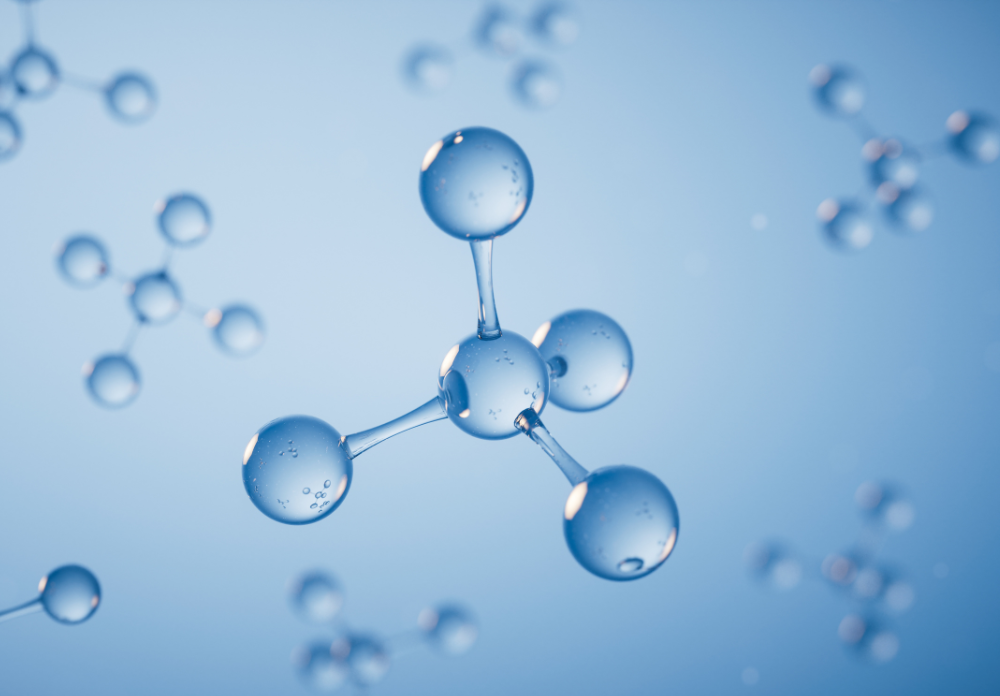NEW REGENERATION
Thymosin Alpha 1 Peptide
Thymosin Alpha 1 Peptide
In-clinic service. Pay at visit.
$48.00 USD
Thymosin alpha 1 (T α 1) is a peptide, or small protein, produced naturally by the thymus gland. The thymus is where immune cells known as T cells mature and are released when prompted to do so by the T α 1 peptide. T cell production and action within the body is vital to adaptive immunity. This is the mode by which immune cells are able to recognize and kill foreign invaders. It can improve immune modulation, it can be immune stimulating, or it can be immune dampening. It takes advantage of our innate and acquired immune system and does what is necessary depending on what is needed.
Share

Benefits of Thymosin alpha 1:
- Enhances the function of certain immune cells called T and dendritic cells
- Effective for acute and chronic infections
- Help eradicate the unhealthy or senescent cells and stops the infection or cancer growth
- Exhibits antibacterial, antiviral and antifungal properties
- Suppresses tumor growth
- Increases vaccine effectiveness
- Protects against oxidative damage
- Build resilient immune system
- Reduce inflammation
- Promote healthy aging
- Anti-cancer properties
For example, T cells come in two forms: killer and helper T cells. Killer T cells are responsible for hunting down and destroying our body’s own cells that are cancerous or infected with bacteria or viruses. Helper cells work with the other cells of the immune system to orchestrate and carry out appropriate immune responses.
It is approved in more than 37 countries for the treatment of hepatitis B, hepatitis C, and as an adjunct to chemotherapy and various vaccines. T α 1 has been found to have a profound effect on the immune system and is the active ingredient in the immune modulating drug, Zadaxin®. Zadaxin® is used to treat hepatitis B and C and has been studied extensively for its ability to support an immune system that has been suppressed by chemotherapy in cancer patients. Additional possible indications are malignant melanoma, hepatocellular carcinoma, drug-resistant tuberculosis, chronic fatigue and Di George's syndrome as well as any chronic cancer or viral disease.
In addition to its use in the treatment of Hepatitis, AIDS, and cancer, T α 1 has shown great promise in the treatment of Lyme disease. This is unsurprising when one considers the large role the immune system plays in combating the disease.
T α 1 assists the immune system in the location and eradication of the Lyme bacteria and infected cells, while helping to prevent oxidative damage, thereby decreasing inflammation and enabling a better quality of life throughout treatment.
Senomodulator
Thymosin alpha 1 is also a natural senolytic ( induce death of aging/senescent cells) that our thymus makes. It decreases with age because of thymic atrophy and this problem affects the production of thymosin alpha 1.
Thymosin alpha 1 can help bring back natural killer cell function and influence production of interleukin 1 beta, tumor necrosis factor, interleukin 6 and nuclear factor kappa B. It is also a senolytic because it helps senescent cells become more recognizable by macrophages and other cells in the immune system. Thymosin alpha 1 can activate and modulate the immune system to become a natural senolytic because in reality it's natural to the system.

